BS Psychology Program
Hits: 8462Program Description
This program aims to provide undergraduate students with a solid basic foundation on the major areas of psychology which may also be used as preparation for further studies and training in medicine.
Both the B.S. and A.B. Programs were given the Certificate of Compliance by CHED. The B.S. and A.B. degrees are equally acceptable for students interested in purusing Psychology graduate school and in taking the psychometrician board examination. There is a good deal of overlap between the B.S. and A.B. degrees and the main difference between the two programs is that students taking the BS Psychology Degree have to take additional 20 units of sciences. Therefore, those students interested in the health field generally choose the B.S. degree.
The B.S. and A.B. degrees are popular and versatile undergraduate degrees. They can be applied to almost any area of work, including social services, law, human resources, business and government. Courses in these programs explore the nature of personality, how people learn, how gender affects development and the different ways in which people interact. Elective courses will introduce students to interesting and relevant topics including environmental psychology, physiological psychology, social psychology, industrial and organizational psychology, and family psychology.
As a psychology major, students will gain an overview of current knowledge and viewpoints about the science of behavior and cognitive processes. They will learn the research methods by which such knowledge is obtained, and be given the opportunity to study basic psychological processes, their development, the nature of behavioral aberrations, their treatment, and selected applications of this knowledge. In addition to classroom studies, students will gain hands-on experience at drug rehabilitation centers, mental hospitals, human resource departments of different companies, guidance offices of different schools, and agencies that serve developmentally disabled children and adults and other vulnerable populations.
The expertise of the faculty are assured and covers different areas including clinical psychology, industrial and organizational psychology, counseling psychology, psychological assessment. Almost all faculty members are licensed psychometricians, psychologists, or guidance counselors


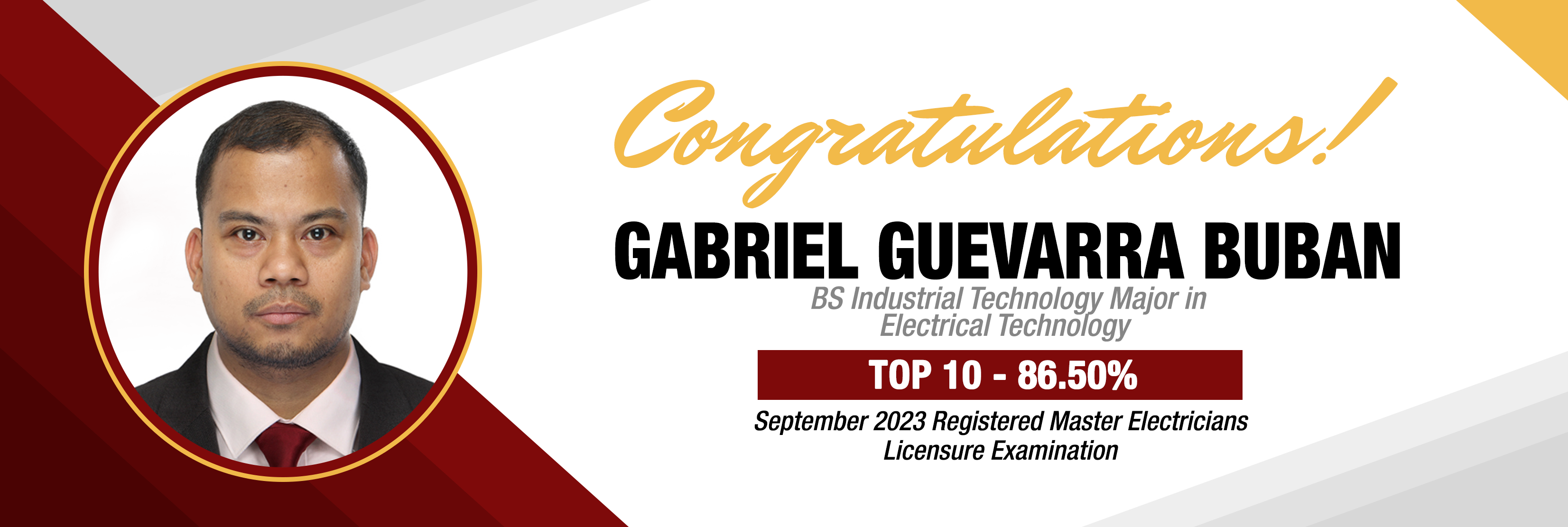




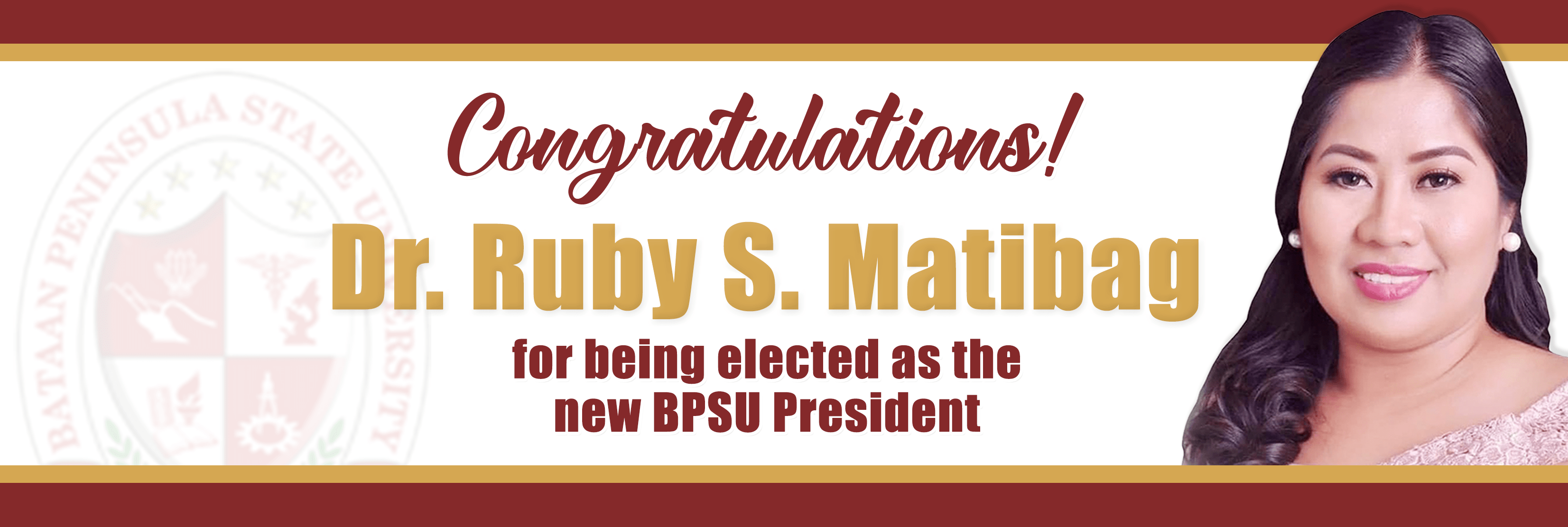
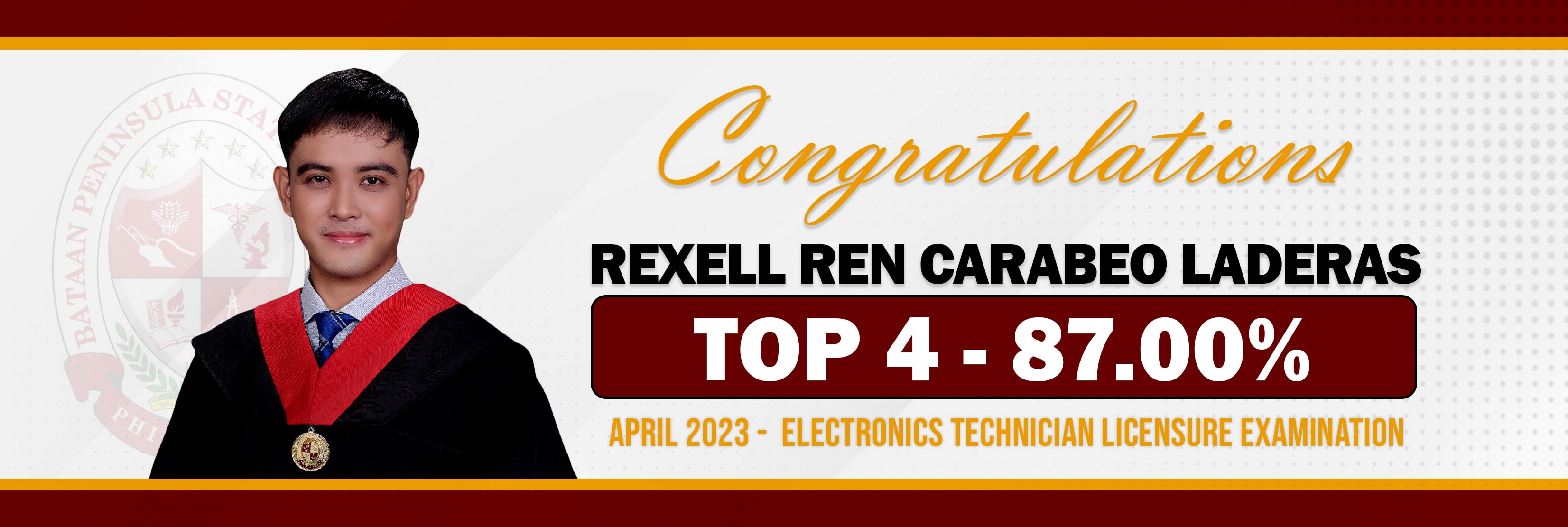
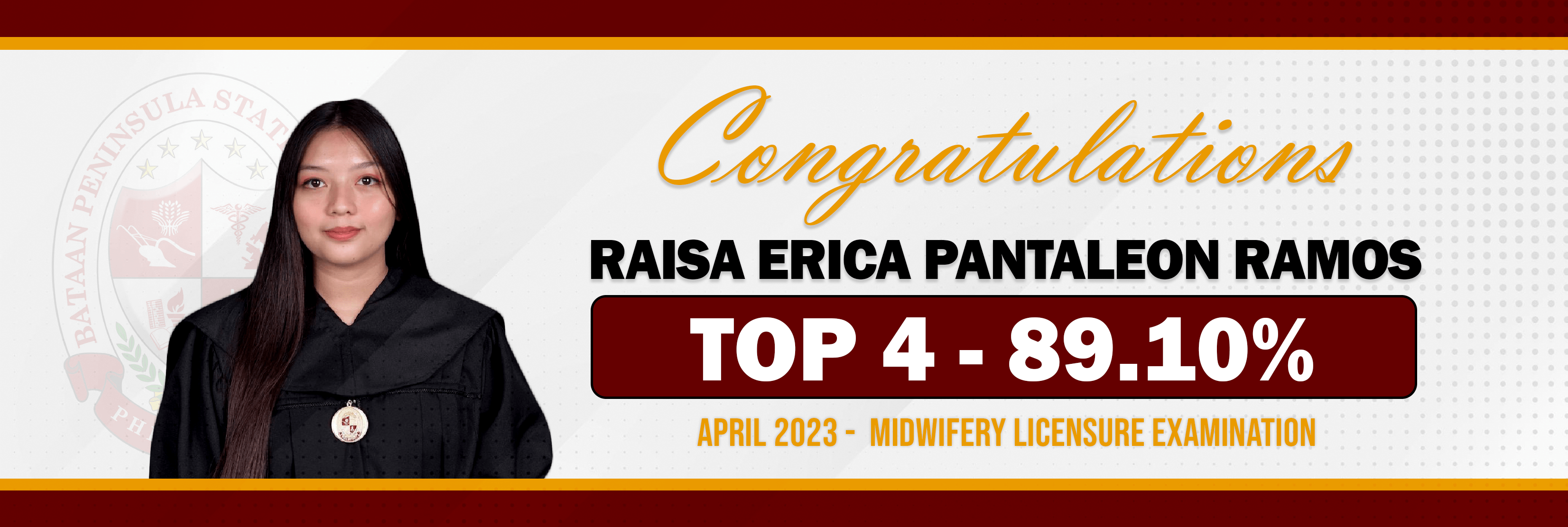
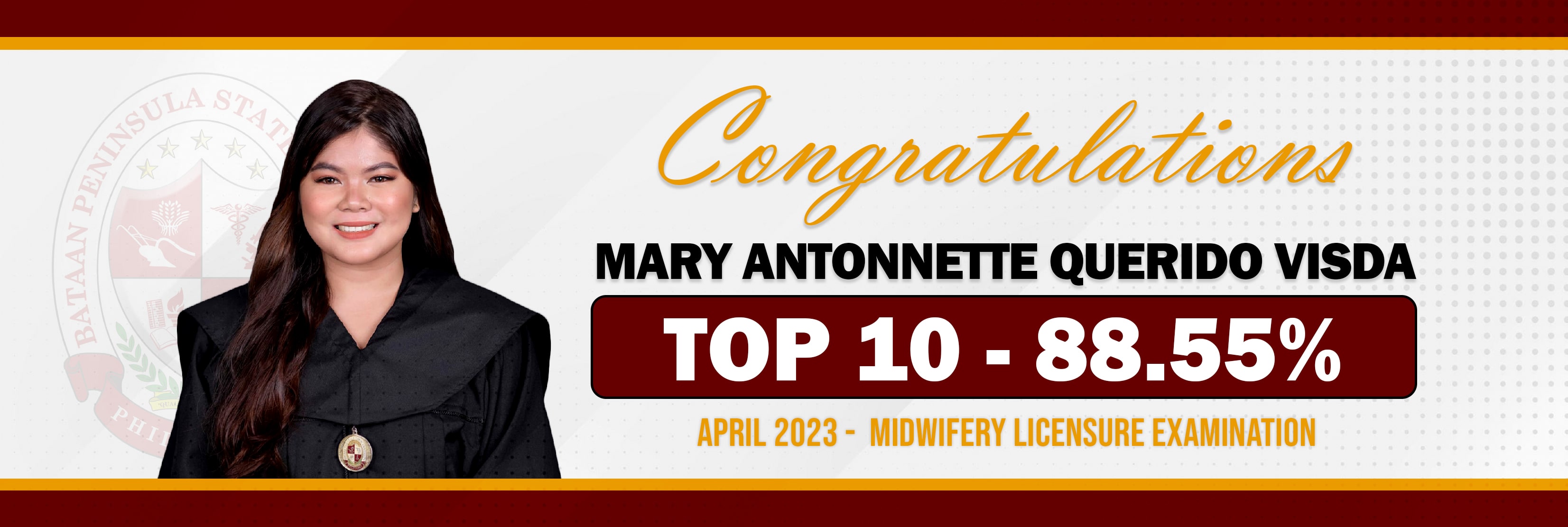
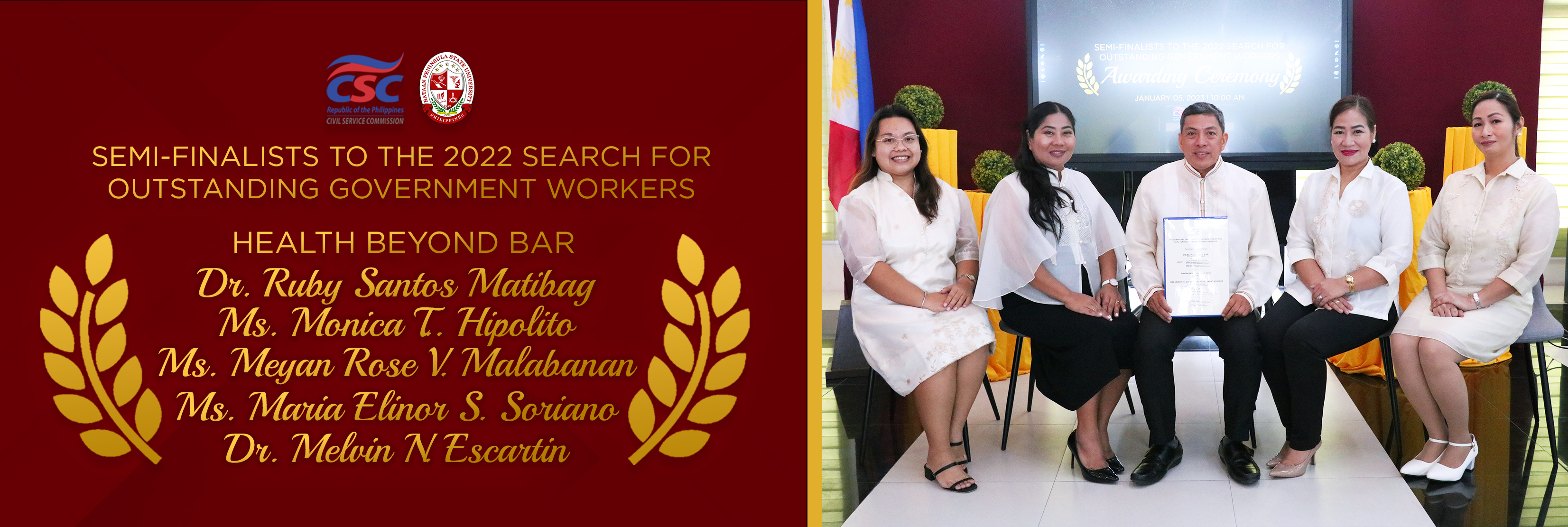









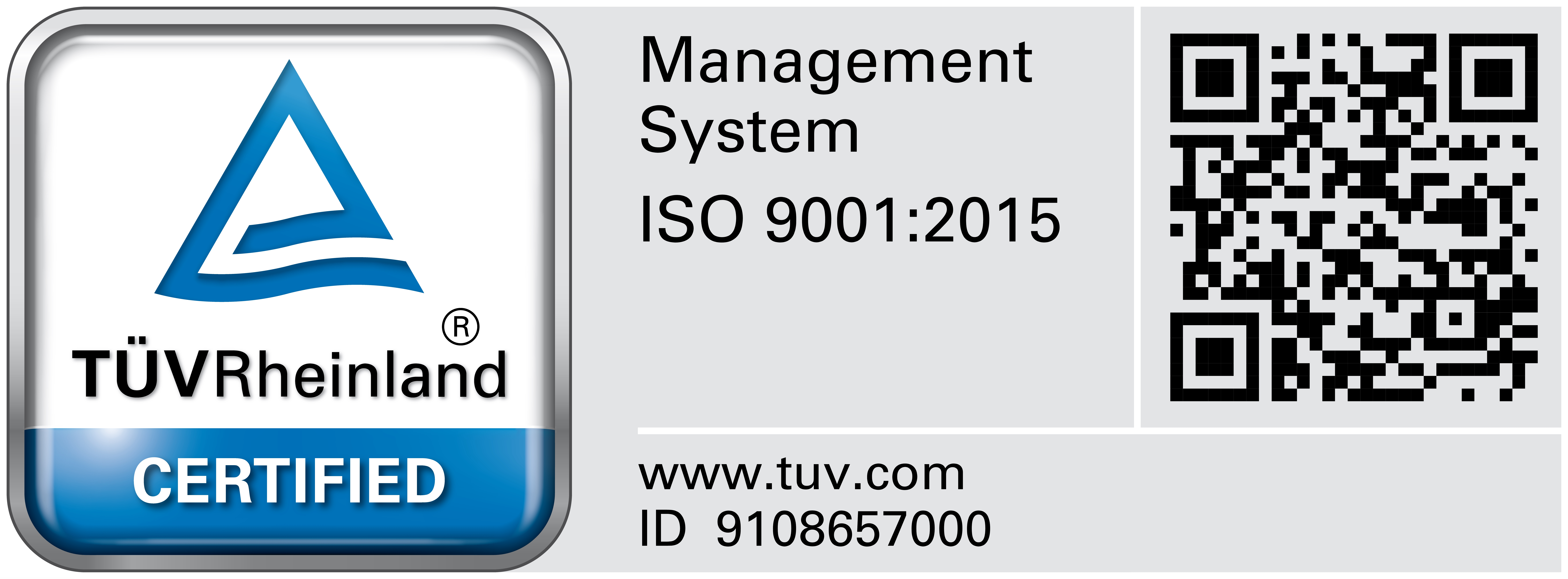






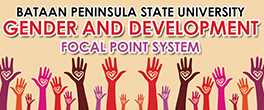





 Bataan Peninsula State University
Bataan Peninsula State University